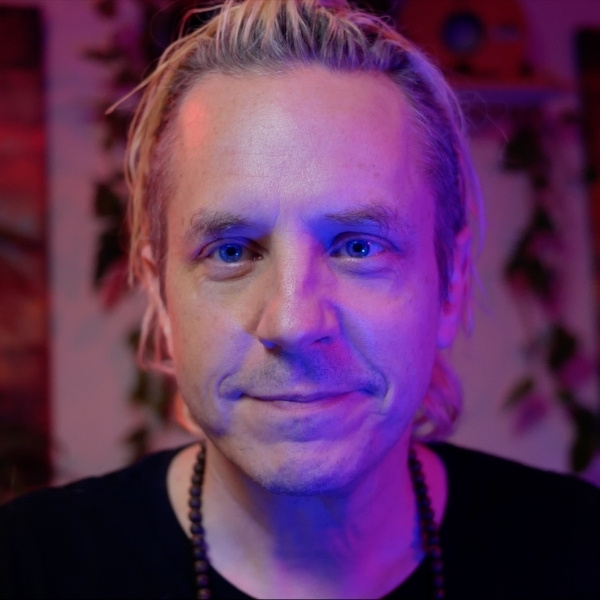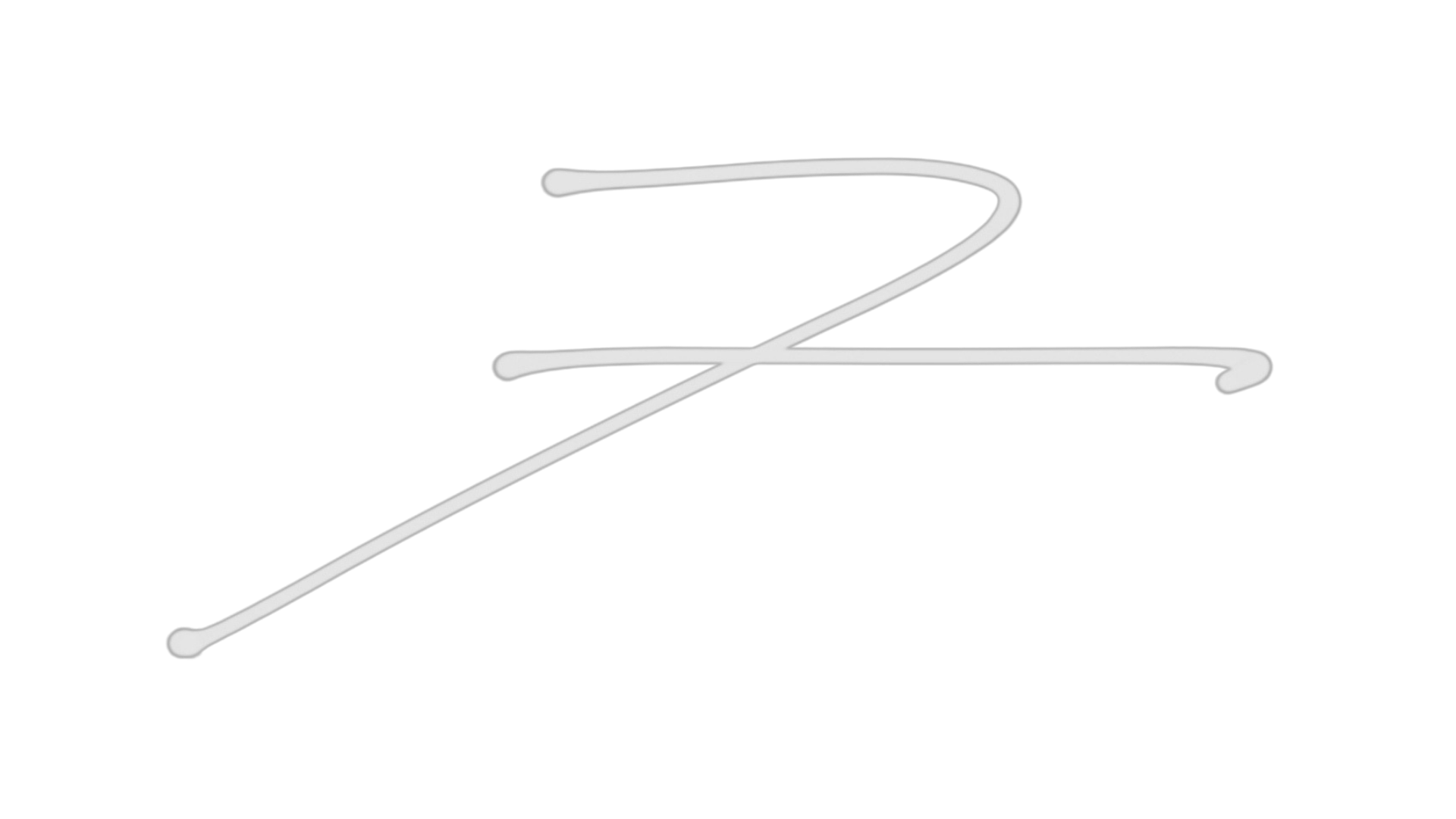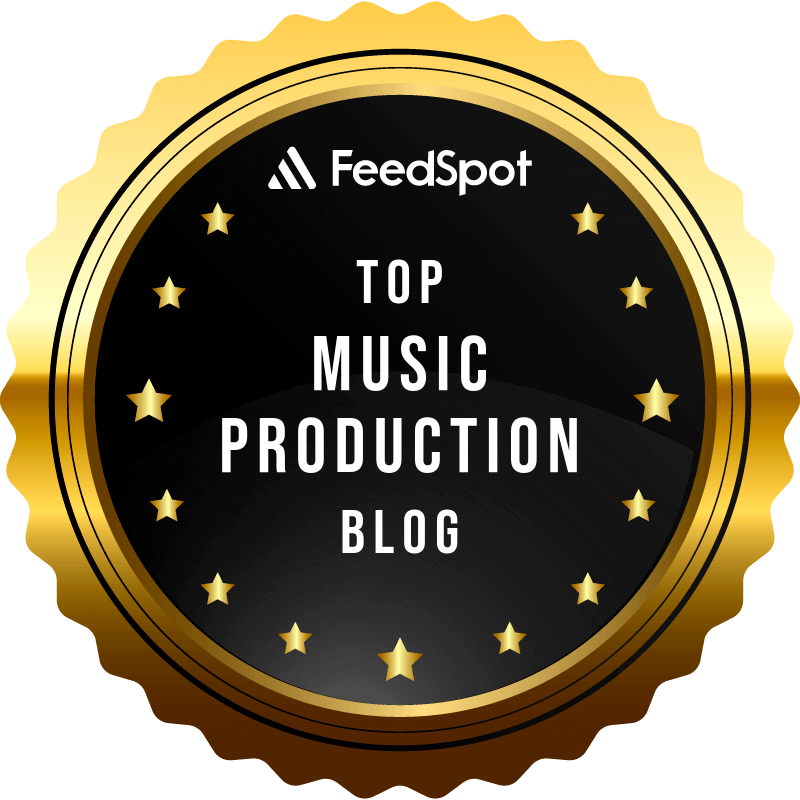How I Became a Music Producer and Audio Engineer in the 90's

Have you ever wondered what it would be like to become a music producer? This is where creativity meets technical skill, and more importantly the songs and the people become the main focus. My journey towards becoming a music producer started in 1988, when I was 17, and has been nothing short of epic. Through countless hours of experimentation, relentless dedication to honing my craft, and a voracious appetite for knowledge in this ever-evolving industry, I have emerged as an audio engineering and music production teacher for the last 3 decades. Join me while I recap the adventure as I unveil the intriguing story behind how I started and subsequently navigated through challenges and triumphs.
The Early Years: Discovering my Passion for Music
At a young age, I found solace in the beats and melodies that filled my childhood home. Music became my refuge, a way to escape from the chaos of the world outside. I started with Curious George audiobook plastic records on my Fisher Price turntable and then graduated to the family 1970’s-style console music station that had a turntable and 8-track. Abba, Roger Whittaker and Boney M 8-tracks were on repeat in the car during British Columbia road trips to my grandparents or aunts & uncle's houses during holidays and summer breaks.
Sometime around 1978 when I was in grade 2-ish and was 7 or 8 years old there was a talent show at my elementary school. Four of the grade 6 students did an air-band to a KISS song. I had never seen or heard anything like that before. I thought they were KISS. We all went back to our classrooms to vote for the winner.
The whole school was buzzing from the KISS performance. The principal came over the loudspeaker and said “Now remember this is a TALENT show. Vote for the best TALENT. A girl who played the piano won. I learned two things that day that shaped my whole life: 1. I want to do whatever those guys were doing on stage and 2. Voting is rigged.
Music soon became not only a passion but an obsession. As a teenager, countless hours were spent experimenting and learning guitar and bass, and then getting together with some friends to form a band: The Winged Assassins - named after an Anvil song. We played one show: Kelly Carter’s house party. I sang a Bon Scott era AC/DC song and played bass.
 My hair styles over the years: 80's Mullet, 90's Dreads, and 00's Fryer Tuck
My hair styles over the years: 80's Mullet, 90's Dreads, and 00's Fryer Tuck
The Initiation: My First Recording Experiences
In grade 11 I was in a Music Composition class and our teacher, Mr. Rogers, had some basic recording equipment so we asked him if he could record our band. He agreed and we did our first recording, basically capturing the performance of the band live off the floor…cool.
Later a friend who had a 4-track recorder recorded some more songs for us. This time we had the opportunity to overdub our takes. This allowed us to perfect the performances and experiment with different ideas…wow! We recorded our hit songs “Get Baked” and “Green Eggs & Ham” We smoked a LOT of weed back then. Write what you know, right?
Hearing our songs back was the best feeling in the world. I listened to those songs over and over again until I drunkenly gave our master cassette to Kirk Hammet of Metallica at a bar in Spokane when I was 17. The 80’s were a wild ride bro.
 Listening and getting sounds since 1988. ⭐️ Download my FREE Magic EQ Settings Guide ⭐️
Listening and getting sounds since 1988. ⭐️ Download my FREE Magic EQ Settings Guide ⭐️
The Education: Going to Recording School
Did you have plans for after high school? I sure didn’t. I hadn’t even given it any thought. I just assumed there would be more time to smoke weed. Along with a few friends, I decided to move from my small town of Cranbrook, BC to the big city of Vancouver. They enrolled in recording school and based on my recent recording experiences I thought that was a cool idea so I enrolled too. I got a Fostex X-30 4-track for a graduation present and my bedroom recording experimentation began.
It was 1988 and the recording school had 2 Neve consoles but was also entering into the digital era with 2 Sony 3324 digital tape machines so we were learning a blend of the traditional analog recording combined with a taste of the digital future. We figured out how to send things to delay and reverb using the patch bay and aux sends. I was hooked! At 17 I had found my purpose.
Attending a recording school allowed me to expand my knowledge and gain hands-on experience with pro gear. In addition to learning technical skills, I explored various genres of music, studied music theory, and learned song arrangement techniques. Most importantly I met some people that inspired me and made some valuable connections. One of my instructors, Hal Beckett, said “If you want to become a music producer, start telling people you’re a music producer.” Challenge accepted. Hal, you changed my life with those words.
The Art of Sound: Mastering the Technical Skills
Mastering the technical skills required in music production begins with understanding key concepts like audio recording, editing, and mixing. I had to first learn all of these concepts and then figure out how to apply them using the gear around me. I found some cool bands and started recording them for free. I wanted to focus on being a record producer but the first audio engineer I hired showed up to the first session high on acid, so I had to both engineer and produce that session. The 90’s were wild bro.
Another key skill for any music producer is developing a good ear for sound. I had to identify different instruments, frequencies, and nuances within a mix. This allowed me to make informed decisions when it came to balancing levels and creating an overall cohesive sound. We used to listen critically to a song per week during class and had to break down what we were hearing.
Comparing the instrumentation, BPM, lyrics, and song structure of popular songs is probably the most important skill I developed that helped me to become a music producer. If the song isn’t great nobody will care what it sounds like.
 ⭐️ Download all of my Music Production Guides for FREE ⭐️ It took me years to learn this stuff!
⭐️ Download all of my Music Production Guides for FREE ⭐️ It took me years to learn this stuff!
Finding my Sound: Developing a Unique Style as a Music Producer
Experimentation: I began by experimenting with different sounds, instruments, and production techniques. This helped me explore what resonated with me personally and allowed me to push the boundaries of traditional genres.
Influences: While developing my style, I drew inspiration from a wide range of artists and genres. By studying their work and understanding their creative processes, I was able to incorporate elements that spoke to me into my own productions. Temple of the Dog, Nirvana, Pearl Jam, SoundGarden, Metallica, Liz Phair, PJ Harvey, Tori Amos, RHCP, Jane’s Addiction, Alice in Chains, Faith No More, Tom Waits, Warrior Soul, Guns & Roses. Those albums were my north star for song structure and my sonic templates. I listened over and over and over to those albums and then tried my best to emulate them.
Professional Sound: The most difficult part was getting my recordings and mixes to sound pro. The loudness war had just begun and my mixes sounded weak and amateur compared to these major label albums. I had to master EQ, compression and mixing in mono before I had any chance of getting close to the loudness of those mixes. It took hours of back and forth from the studio to my Volkswagen van, A/B-ing the mixes until they sounded good on the CD player in my van.
 ⭐️ Try my FREE Ableton Live course. Learn Ableton Live in 90-minutes for FREE ⭐️
⭐️ Try my FREE Ableton Live course. Learn Ableton Live in 90-minutes for FREE ⭐️
Collaborating with Artists: The Art of Bringing a Vision to Life
Once you start calling yourself a music producer and attracting bands and musicians, you have to be able to deliver. I started by asking bands I liked and offering to record them for free. They just had to pay for studio time. I would go to local studios and ask if I could get a deal for the weekend.
Once I had developed my sound, which was a cross between the raw live-off-the-floor sound of early 90’s grunge bands and Rick Rubin, coupled with the layered precision overdubs of Bob Rock-style productions I started to attract more talented bands and musicians. More importantly, I was getting confident with my skills. I didn’t know it yet but I was putting in my 10,000 hours - the concept that to do anything well, you simply have to do it for about 7 years.
Building trust and rapport was a key component to everybody feeling comfortable sharing their creative input. As a producer, you can guide the artist towards certain musical decisions based on their expertise, but you also need to be open-minded and flexible enough to incorporate the artist's ideas into the final product.
From Local to Global: Getting Some Recognition and Success
Starting out as a music producer, I focused on establishing myself within my local community. I went to lots of shows and networking events to connect with local artists and industry pros. By collaborating with talented musicians in my area, I was able to build a decent reputation.
I had even started teaching audio engineering at the recording school that I went to. I had been booking the rooms in the years after graduating and I knew the gear in those studios better than anyone. That was the start of my teaching career. I brought artists and bands in to record demos for free with my students and one band that I brought in was called The Be Good Tanyas.
After recording some demos at the school we decided to do a full album. I moved out of my apartment and into a small recording studio. I lived there for a year and during that time we recorded the album Blue Horse there. The Be Good Tanyas ended up being an underground phenomena especially in the UK.
That album established me as “the folk guy” even though I had never even heard much folk music. I had just done the same recording and mixing techniques that I had done with the grunge and metal bands I had been recording, but people seemed to love it and I ended up recording a lot of singer-songwriters after that.
 Futch at the controls circa 2018
Futch at the controls circa 2018
Evolving with Technology: Embracing the Digital Revolution in Music Production
With a rapid advance of technology, music production had undergone a digital revolution. Gone were the days when producers had to spend hours in recording studios, manipulating analog equipment. Now, everything (recording, editing, and mixing) could be done on a computer using DAW software and digital tools.
It all started for me in 1994 with a 2 track version of Pro Tools called Sound Designer II. The recording school I was teaching at had sold the 2 Neve consoles (Nooooooo!!!) for a bunch of Mac computers and early DAW software. The concept of non-linear editing was mind-blowing. We could record ideas and then arrange, copy, paste, or loop the song parts AFTER the recording. Cool! Pro Tools software came out soon after that and instantly became my new weapon of choice. I would later discover Ableton Live around 2015 and I became an Ableton Certified Trainer in 2019.
I formed another band called Hellenkeller with some friends in the mid-nineties after we were experimenting with musical genres in the studio. We were a hybrid of acoustic and electronic music with two drummers, synths, samplers, drum machines, bass, turntables and a didgeridoo. Our only rule was “No guitars”. This led to my fascination with electronic music production and later an obsession with the genre of Dub Techno. I’ve been producing my version of deep ambient dub techno under the alias Dystopian Soundscapes since 2017.
 Futch AKA Dystopian Soundscapes
Futch AKA Dystopian Soundscapes
Sharing the Knowledge: Mentoring and Inspiring Future Producers
My job teaching at the recording school started off as just that…a job. I was only doing it until I became a famous record producer like my idol Rick Rubin (read his new book!). As the years went by I shifted my perspective and realized that my true passion was in teaching other people. This way I could create hundreds (over 1500 now) of Futch-bots and streamline their music production and audio engineering education by simplifying the process and making it exciting for everyone.
I’ve taught at 5 different Vancouver recording schools over the years: Columbia Academy, CDIS, Stylus, PAVI and Nimbus, and I’ll be teaching at SAE starting in January 2024. In 2021 I started my own online music production school called LEVELS. This allowed me to offer online courses, coaching and community to anyone in the world. It’s been a crazy learning curve but it’s been fun so far. The 2020’s are wild bro!
Mentoring is a vital part of any industry, and music production is no exception. As experienced producers, it's our duty to share our knowledge and inspire future generations to pursue this creative path. By providing mentorship opportunities, we can guide aspiring producers through the complexities of the industry, helping them avoid common pitfalls and fostering their growth.
Here are 3 ways music production coaches, teachers and mentors can help aspiring musicians make better music:
- Guidance: Mentoring allows us to provide guidance based on our own experiences in the music production field. Through one-on-one interactions, we can offer valuable advice on everything from technical skills to navigating professional relationships. By sharing our successes and failures with aspiring producers, we equip them with tools they need to thrive in this competitive industry.
- Inspiration: Our role as mentors goes beyond practical advice; it also involves inspiring individuals to believe in their potential as music producers. We can ignite passion within them by sharing stories of how we overcame obstacles and achieved success in our own careers. Our personal anecdotes serve as fuel for their aspirations, motivating them to work hard and persevere when faced with challenges.
- Networking Opportunities: Being a mentor opens doors for aspiring producers by connecting them with other professionals in the industry through networking events or introductions. While skills acquisition is important for becoming a music producer, interpersonal skills are equally valuable for both music production and life in general.
⭐️ Also Read: The Complete Guide to Learning Music Production: Everything You Need to Know ⭐️
#musicproducer #musicproduction #audioengineering #recordingschool #90s #80s #audiotips #audioengineer #recordproducer #recordingstudio #homestudio #musicmakers #producers
Would you like to learn audio engineering and music production?
Hey 👋 I'm Futch. I've been teaching music production for almost 30 years, I'm an Ableton Certified Trainer and music production coach. I offer free and paid online music production courses & resources, online group Zoom classes, and online 1:1 Zoom training for Ableton Live, audio engineering, and music production. If you are a beginner, intermediate music producer, musician, singer, songwriter, or beatmaker I can help you learn music production skills quickly and easily so you can become a
⭐️ Book a FREE 15-minute discovery meeting with me right now. ⭐️
Futch - Music Production Coach and Ableton Certified Trainer
Check out my live online music production program: Music Production Ninja...







